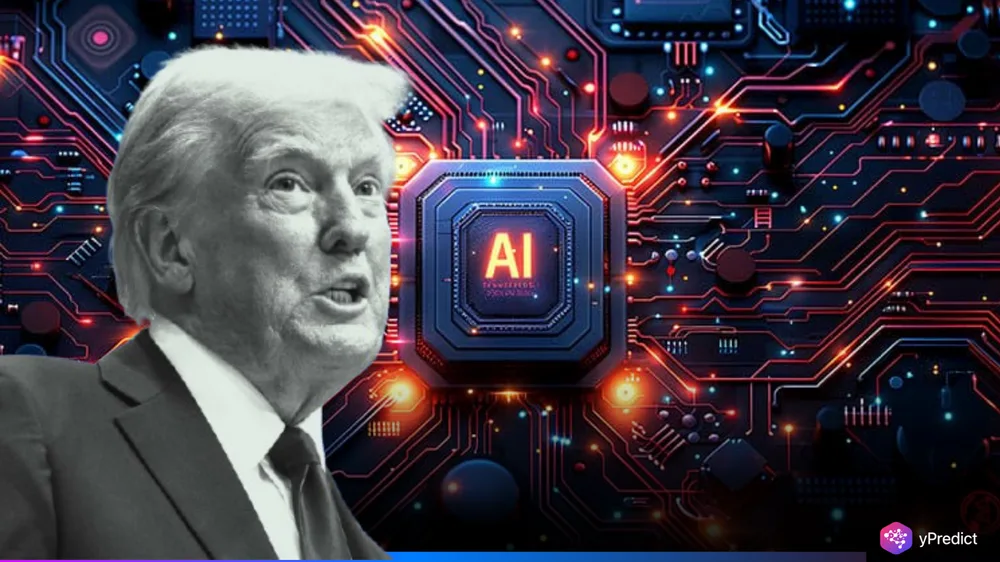
As the Trump administration pushes for a 10-year nationwide ban on AI regulation by US states, Microsoft’s Chief Scientific Officer Eric Horvitz has voiced strong opposition, warning that the policy could slow down meaningful progress in artificial intelligence innovation.
Despite Microsoft reportedly lobbying in support of the ban alongside tech giants like Google, Meta, and Amazon, Horvitz argued that restricting regulatory frameworks will “hold us back” in both science and the responsible application of AI systems.
Regulation Is Key to Responsible and Accelerated AI Progress
Eric Horvitz’s emphasis in his recent speech to the Association for the Advancement of Artificial Intelligence (AAAI) was that regulation and ethical oversight of AI could lead to the acceleration of progress in AI, rather than hindering it. He urged scientists to work with their policymakers. Horvitz said reliability and effective controls need to be integrated into the development of AI so that we can responsibly get the field progressing in the right direction.
Horvitz stated that there were already reports of the use of AI to support misinformation, manipulation or biological threats, and so the call for collaboration between scientists and policymakers must be heeded, especially as the technology improves and grows.
Trump’s Proposed AI Moratorium Explained
Trump’s administration is advocating for a decade-long moratorium on state-level AI laws, written into what he calls his “big beautiful bill,” slated for passage by Independence Day, July 4.
The rationale: AI regulation should remain centralized at the federal level to avoid fragmented rules that could undermine America’s technological edge, especially against rival powers like China.
However, critics argue that this approach stifles necessary experimentation and local accountability, while enabling corporations to sidestep safeguards.
Tech Lobbying Contradictions
Despite Horvitz’s pro-regulation stance, reports from the Financial Times reveal that Microsoft is actively lobbying for the state-level ban, along with other major tech players.
This contradiction has raised eyebrows, as Microsoft also holds a $14 billion stake in OpenAI, the creator of ChatGPT. Critics argue that such lobbying reflects a conflict between public advocacy and profit-driven strategies.
Rising Tensions in AI Safety and Global Competition
Donald Trump and his allies, including running mate JD Vance, argue that pausing AI development or imposing strict regulations could hand China a major advantage. Vance even claimed such a pause might leave the U.S. “enslaved to China-mediated AI.” Tech investor and Trump supporter Marc Andreessen echoed these concerns, framing the global AI race as a high-stakes battle between the U.S. and China.
In contrast, at the same AAAI event, UC Berkeley professor Stuart Russell issued a stark warning against unchecked AI progress. He questioned why society would allow deployment of a technology whose creators admit carries a 10% to 30% risk of leading to human extinction.
Conclusion
The debate unfolds as investment in artificial general intelligence (AGI) surges. Meta CEO Mark Zuckerberg recently committed $15 billion toward superintelligence, while OpenAI’s Sam Altman predicted “human robots walking the streets” within the next five to ten years. As AGI development accelerates, uncertainty around timelines is giving way to growing urgency over governance.






